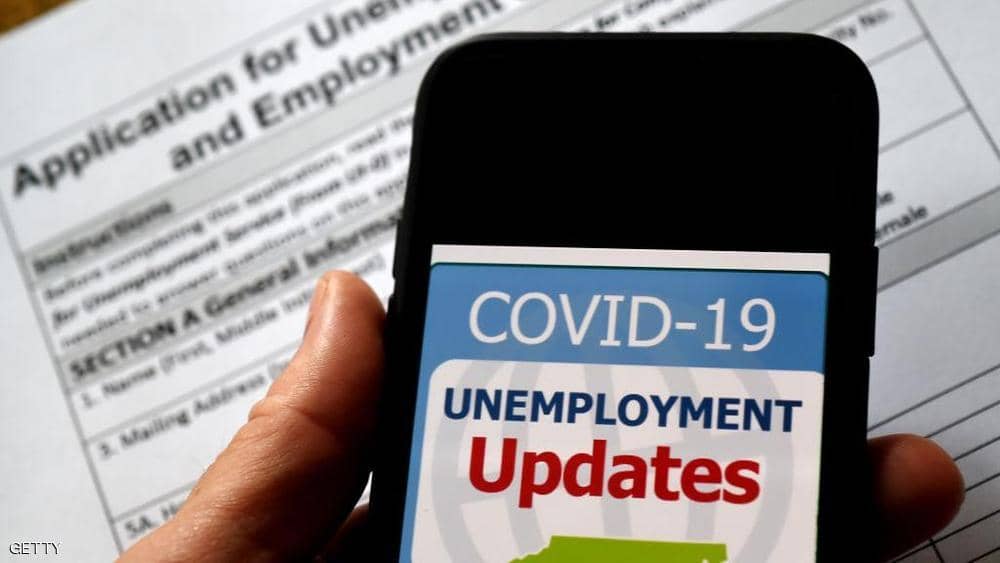
One of the paradoxes in the time of the emerging Coronavirus is what happens to American employees and workers, especially in the area of economic activity.
The Covid-19 pandemic has shown great variation in social safety all over the world, but it was more evident between societies in the United States and European countries, all of which are considered wealthy, as the pandemic showed sharp differences in approach between these societies.
In Europe, the collapse of economic activity lead to create wage subsidy programs that keep millions of people at odds and keep them alive today. In contrast, more than 33.5 million people in the United States have applied for unemployment benefits, and the unemployment rate has risen to 14.7 percent.
The US Congress passed a $ 2 trillion package of emergency support, boosting unemployment benefits of up to $ 1,200 per taxpayer, and this approach also appeared in previous periods of economic downturns, especially the global financial crisis and the Great Depression.
However, European countries rely on programs that pump money into people’s pockets, according to the Associated Press.
But the United States relies on Congress to take Actions by passing emergency stimulus programs, as they did in 2009 during the era of President Barack Obama, and the recently adopted package under President Donald Trump.
Andre Sapir, an economist and fellow at the Bruegel Research Institute in Brussels, said that US budget policy partly plays the role that the European welfare system plays, because the US welfare system is less generous, and the recession may be more severe to workers.
In economic downturns, American employees may lose their health insurance if they lose their jobs, and there is a greater risk of losing homes if they are under mortgage, but in Europe, Europeans usually pay higher taxes, which means they earn less in good times.
“In the United States, you must continue to pump money into the economy so that people continue to work, because through work they are protected,” he added”.
However, Sapir refused to answer a question about the best system and said, “What is the best system? I will not go into this debate because this is really a huge issue.”
As it seems, the United States tends to rank below average in social support measures among the 37 OECD countries, most of whose members belong to developed democracies.
For this reason, it seems, the United States ranks last in terms of people living in relative poverty, which means relying on half the average income or less, at 17.8 percent. In contrast, countries like Iceland, Denmark, the Czech Republic, and Finland have less than 6 percent.
It is noted that Americans who suffer from unemployment receive an average of about $ 372 a week before the emergence of the coronavirus, but the rescue package gave unemployed workers an additional $ 600 a week until July.
